Meeting in the heart of New York City every Wednesday night, New York Insight’s EcoSangha provides a refuge for people who seek to connect their spiritual practice with environmental and social action. As someone who seeks to bridge and strengthen my inner and outer work, I feel grateful for being a member of this sangha and building community with others who also want to be of benefit to our planet and her living beings. With the efforts and encouragement of NYI sangha members, EcoSangha came into being as a way to take One Earth Sangha’s EcoSattva Training online course together.
The course, which just completed its second training year, aims to “bring the essential wisdom and practices from the Buddhist tradition to collective engagement on critical ecological crises.” Each session features guest teachers who are dharma and environmental leaders, including Joanna Macy, Bhikhhu Bodhi, Thanissara, Kristin Barker, and others. The lecturers offered teachings via video, audio and written reflections on environmental justice from various Buddhist and non-Buddhist perspectives. The course materials also included additional resources such as articles, books, and documentaries for those who wanted to dive deeper into environmental research and policy.
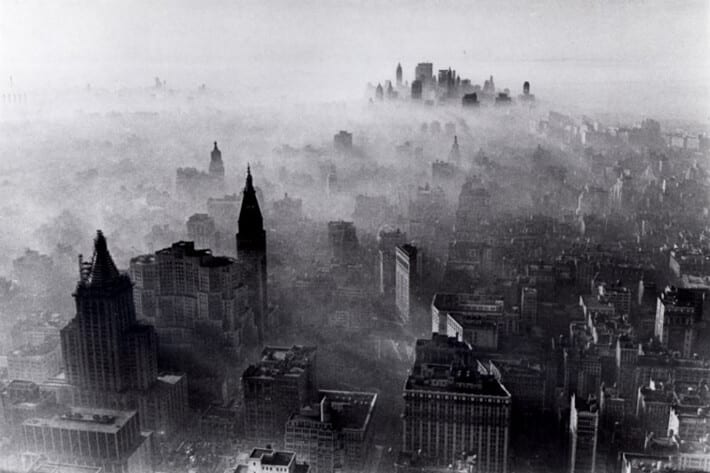
The EcoSattva Experience
I asked some of my EcoSangha classmates to share what they learned from the experience. Lin Gordon, who recently graduated from Mark Coleman’s Awake in the Wild Nature Facilitator Training, got much from the training. “It changed my consciousness on the issue of protecting the environment and climate change. I never realized the complexity underneath this issue and the urgency of the issue. What is incredibly informative about the course is learning how racism, capitalism, and animal agriculture all tie into the same issue of climate change. So that we can’t really solve the issue without touching all these other bigger social trends as well.” As such, we had many breakout sessions that dealt specifically with socio-political issues and unearthing our implicit biases surrounding them.
I’m at a particular time in my own development along the practice where it is no longer only about the healing aspect, or the self-work that is something that I do on my own, but also about the social, the interactions, and the greater scope.
The importance of using sangha as a source of support was an important part of the training process. Another participant in the training, Regina Valdez, shared that, “Among the many things I hold most dear to my heart are this planet on which all living beings depend and my Buddhist faith. I’ve tried blocking out the reality of climate change and its ravages, because it’s at times overwhelmingly painful for me to face. But as Chief Seattle warned, “What is man without the beasts? For if all the beasts were gone, man would die of a great loneliness of the spirit.” Participating in EcoSattva Training with my sangha meant that I wouldn’t have to face this loneliness of spirit alone.”
EcoSangha: It Takes a Village
One of the members of the training, Danna Haile, is new to both New York Insight and New York City. And she, also, discovered the importance of sangha in this group. “I learned that it takes a village, that I can’t do it alone. And it’s been interesting watching how that translates into my larger life. I’ve taken a lot of what I’ve learned in EcoSangha and started seeing it ripple into other areas.” Her words were echoed by the group’s co-founder, Amit Primor. “I’m at a particular time in my own development along the practice where it is no longer only about the healing aspect, or the self-work that is something that I do on my own, but also about the social, the interactions, and the greater scope.”
I’ve taken a lot of what I’ve learned in EcoSangha and started seeing it ripple into other areas.
As many expressed, EcoSangha became more than just an opportunity to take a course. It is my community. While I still know very little about the complexity of environmental issues and how I can take action, it makes me feel hopeful and motivated when I’m surrounded by others who share a similar purpose. We are all learning as we go, and experimenting with how we can inhabit and care for this earth together. We each bring our own knowledge and skills to the table when we plan actions together. We’re learning how to work across differences in perspectives.
Growing Together with Purpose
I still struggle with feeling guilty about not doing or knowing enough.

Making it a point to attend EcoSangha every week is my commitment to break out of that funk and to step into my own power more and more each day, with the support of sangha. But, as Jessica de Marville, my EcoSattva partner reminds me, “The mindfulness, positivity and compassion cultivated in my practice helps me stay grounded and helps me focus on what I can do instead of drowning in negativity and hate. As a result, I am more motivated than ever to take actions.”
The seed that was the EcoSattva Training has grown into a sprout as our EcoSangha finds its way into engaged action. We currently have three main initiatives: greening the NYI center and our own lives, encouraging our communities to attend the People’s Climate March on April 29th, and running the EcoSattva Training course again for new and current members in March.
As activist and scholar Joanna Macy says, “It is a privilege to be alive in this time when we can choose to take part in the self-healing of our world.” May we all find the courage, determination, and strength to heal ourselves and our world.
NYI EcoSangha meets every Wednesday from 7-9pm at New York Insight Meditation Center (28 West 27th Street, 10th Floor, New York, NY 10001). All are welcome! For more information, visit www.nyimc.org.

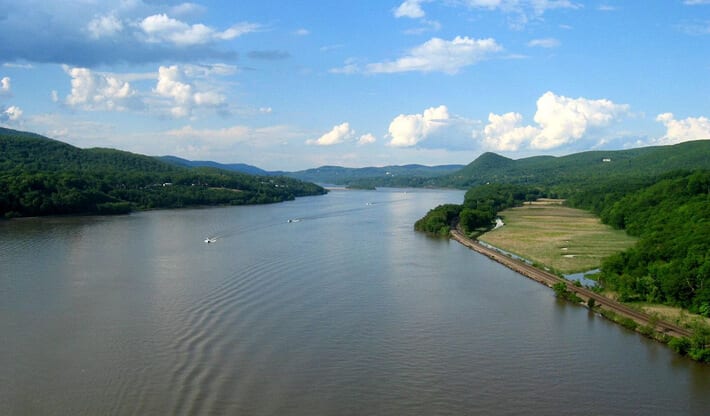

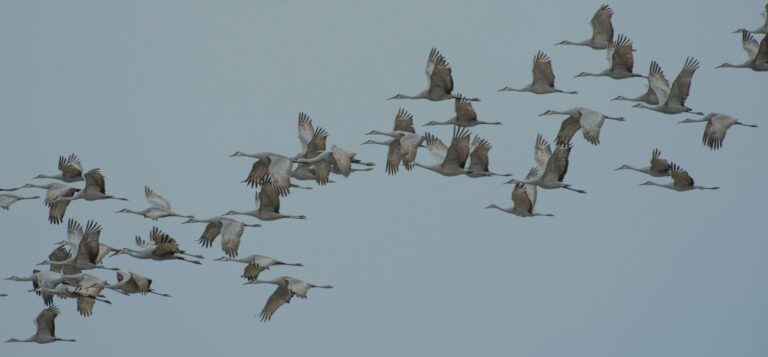

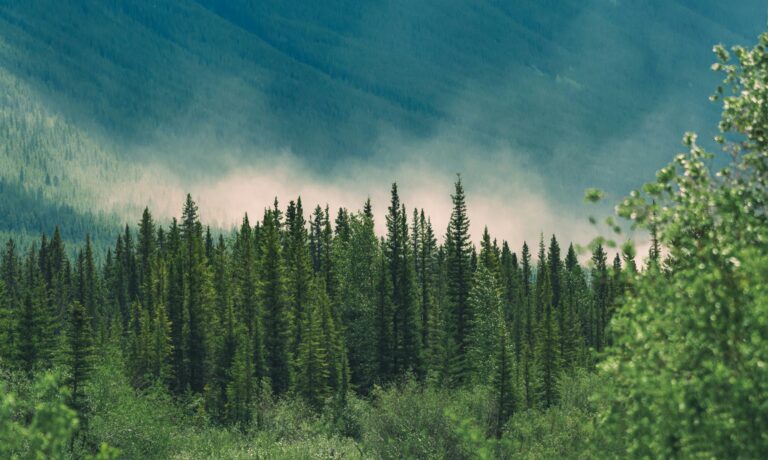

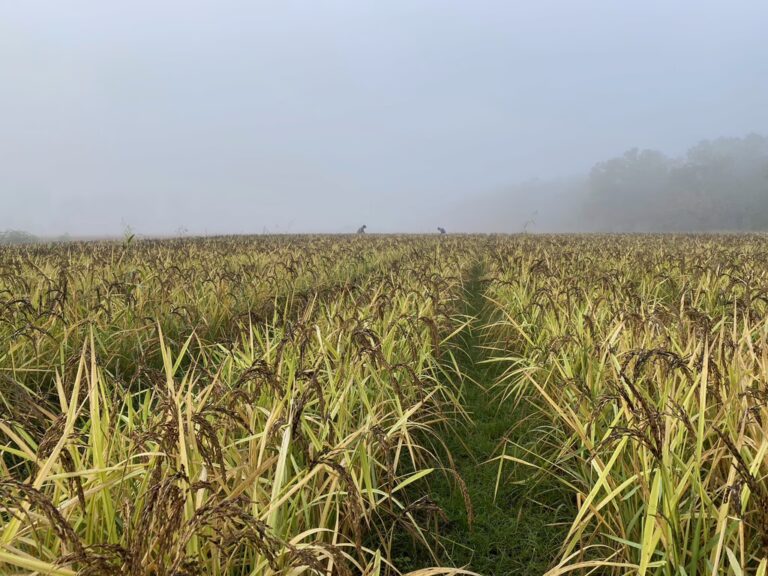

One Response
awesome